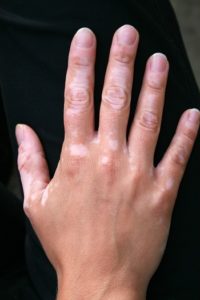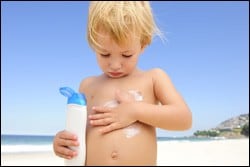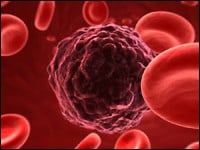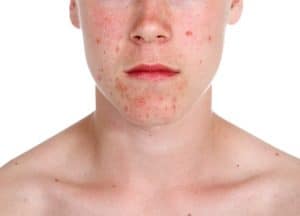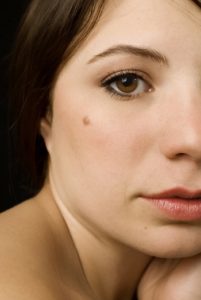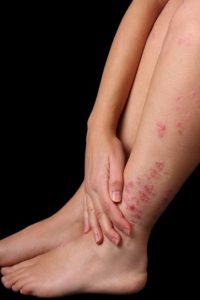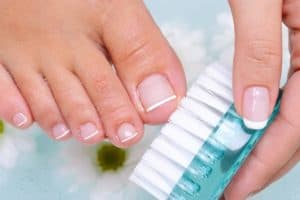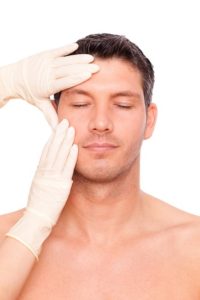Excessive sweating, also known as hyperhidrosis, can be an annoying, embarrassing condition to deal with. Perspiring is normal, but hyperhidrosis is characterized by excessive sweating when your body doesn’t need to be cooled down.
One of the most common ways to tell whether you have hyperhidrosis is if one or two areas of your body are very sweaty, but the rest of your body is dry. Some common areas to experience hyperhidrosis include your head, feet, palms of your hands, and your underarms.
If you are experiencing excessive sweating, there are ways to minimize the impact. Consider trying these easy remedies:
- Changing to antiperspirant, not deodorant
- Using armpit shields to help absorb perspiration
- Wearing loose clothing made of natural fibers like cotton
- Changing your socks at least twice during the day
- Wearing black and white clothing to reduce signs of sweating
- Limiting or avoiding alcohol and spicy foods because they can worsen sweating
For moderate to severe cases of hyperhidrosis that isn’t managed well with conservative home therapies, it’s best to visit your dermatologist. There are several effective treatments for excessive sweating your dermatologist may recommend, including:
- Prescription antiperspirant products containing aluminum chloride
- Iontophoresis, which uses a weak electrical current to block the sweat glands from producing sweat; treatments are completely pain-free and take 20 to 30 minutes per treatment. 2 to 4 treatments per week are recommended with maintenance treatments every 1 to 4 weeks.
- Botox injections, which help to reduce sweating; injections of botox are given into areas affected. Botox typically requires 15 to 20 injections and takes 30 to 45 minutes. The effects of injections can last for a few months and Botox treatment can be repeated if necessary.
Excessive sweating can disrupt your life, hampering your self-confidence. You can get relief from excessive sweating from your dermatologist. To find out more about treatment for excessive sweating, and other medical and cosmetic skincare treatments, talk with your dermatologist today!




